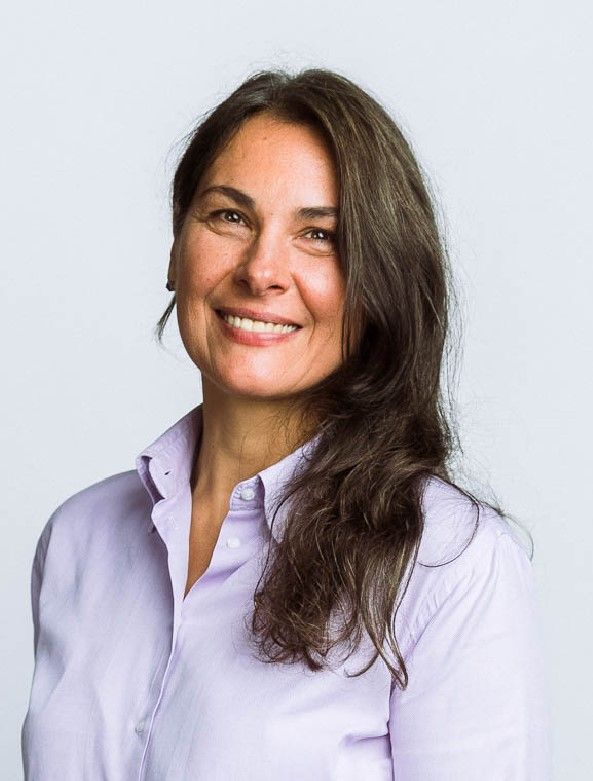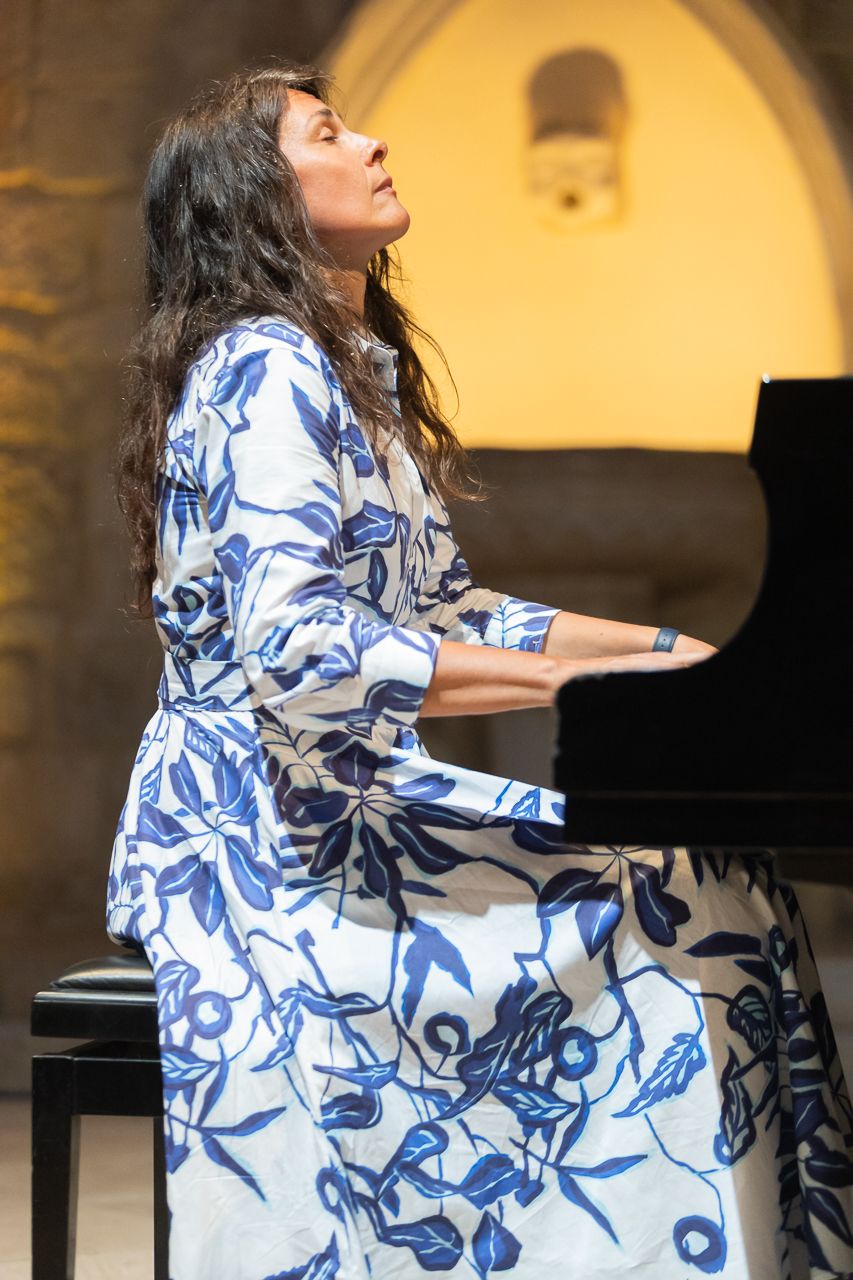Culttech Summit, Vienna 2025 | Roundtable led by Mandy Salem-Aubry
Gb
Technology, transparency, and the future of music creation
Culttech Summit Vienna 2025 – Roundtable led by Mandy Salem-Aubry

The industry’s challenge now is not just to adapt to new tools, but to ensure they empower, rather than erode, the artistry at the heart of music.
On October 22, 2025, I participated in one of the standout sessions at the Culttech Summit in Vienna. It was a thought-provoking roundtable led by Mandy Salem-Aubry, exploring how the evolving music industry can truly empower creators in the age of technology.
The discussion gathered an impressive mix of music professionals, technologists, and cultural innovators, all keen to examine the changing landscape of music production, distribution, and authorship. The central question posed was both urgent and straightforward: As technology continues to reshape the creative economy, are artists being given the right tools and fair conditions to thrive?
Participants spoke passionately about the potential of technology and transparency to rebuild systems that have long struggled to support creative work adequately. From AI-assisted composition to blockchain-based royalties, the conversation was a blend of optimism and caution, acknowledging both the opportunities and the risks of rapid innovation.
We used to be in the record business. Now we’re in the listening business.
While listening to discussions, I began reflecting on the evolution of pop music over the decades. In the 1950s and ’60s, pop songs were shorter, beautifully produced, and featured live instruments. Then, over time, songs became longer, especially in live performances. Now, the trend has reversed. Labels and streaming platforms are pushing for shorter tracks again, and fewer and fewer real instruments are used in recordings. I firmly believe that the economics of streaming essentially drives this shift. We used to be in the record business; now we’re in the listening business. Because streaming platforms count a play after just 30 seconds, shorter songs are more likely to be featured by curators. Add to that the shrinking attention spans of younger audiences, and you can see why the industry is responding this way. Participants raised a point that, nowadays, TikTok seems to be a platform that helps artists build fans and super fans, both in the pop and classical branches.
The conversation also turned to one of the most pressing topics in contemporary music: artificial intelligence. As a Recording Academy member, I shared insights about new Grammy submission requirements. The Academy now asks every artist submitting music to declare whether AI was used in the creation process. It’s about preserving authenticity, making sure we know whether music comes from someone’s heart and emotions or from a machine.
That sentiment resonated powerfully around the table. Many participants agreed that while AI can be a powerful creative tool, it must never replace the emotional truth and human connection that define great music. I prefer live music, with real instruments over artificial, ‘plug-in’ sound. There’s something timeless about the human touch and the artist’s story that inspires a piece of music.
By the end of the session, the roundtable had reaffirmed a shared vision: a future where technology serves creativity, not the other way around. As Mandy Salem-Aubry concluded, the industry’s challenge now is not just to adapt to new tools, but to ensure they empower, rather than erode, the artistry at the heart of music.

